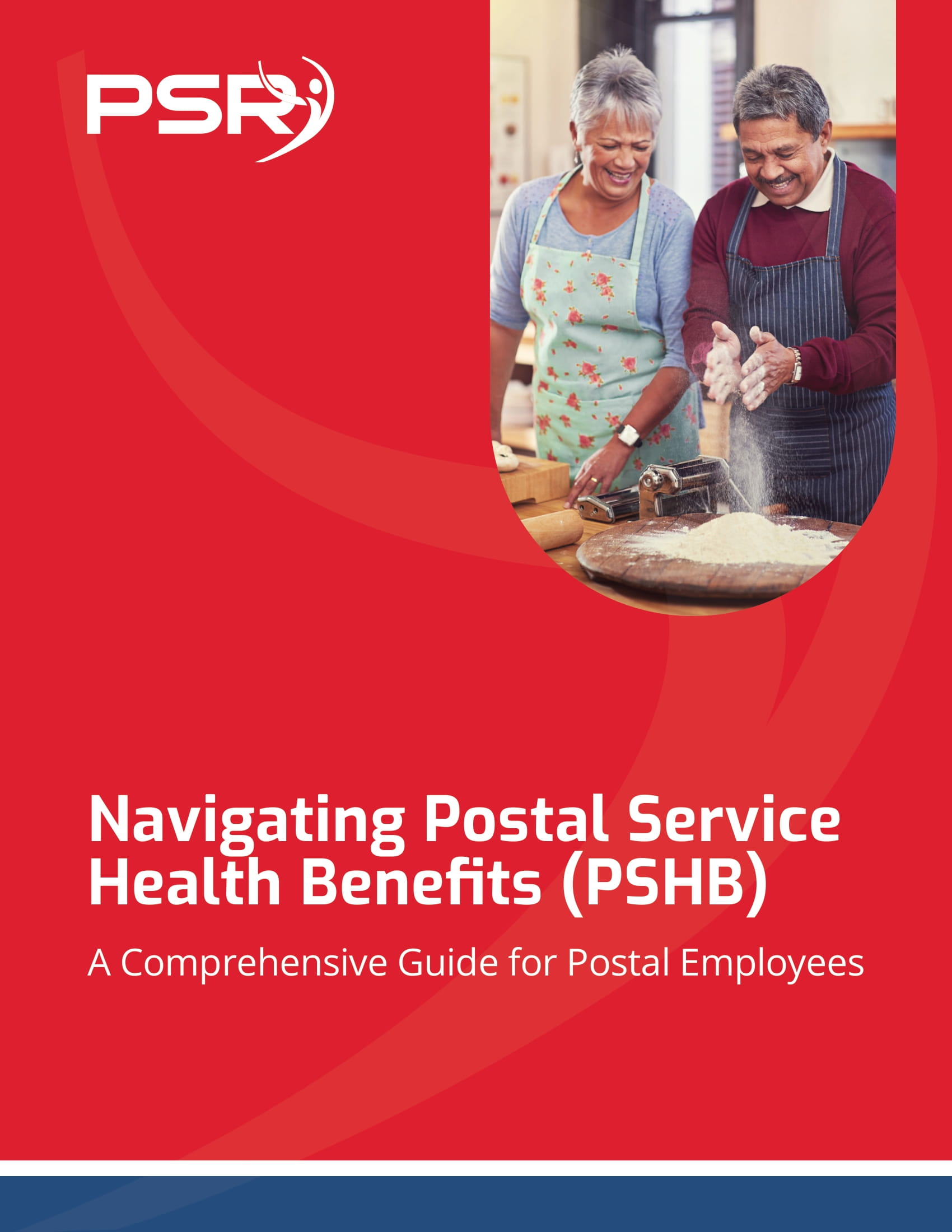Key Takeaways
-
TRICARE remains a strong healthcare option for eligible military retirees and family members in 2025, but it is not a replacement for all federal civilian health benefits.
-
Government employees must understand where TRICARE coverage ends and where additional benefits, like FEHB or PSHB, are still necessary to maintain comprehensive care.
Understanding TRICARE’s Role in Your 2025 Benefits
TRICARE continues to offer extensive medical coverage for military retirees, certain family members, and active-duty service members
- Also Read: Divorce and Your Federal Pension—What Happens When You Split Assets and How It Could Affect Your TSP
- Also Read: What Happens to Your Federal Benefits After Divorce? Here’s the Lowdown
- Also Read: The Best FEHB Plans for 2025: Which One Fits Your Lifestyle and Budget the Best?
You need to be clear about which services TRICARE covers, which ones it does not, and when you may need to rely on your other federal benefits like the Federal Employees Health Benefits (FEHB) Program or Postal Service Health Benefits (PSHB) Program in 2025.
Who Remains Eligible for TRICARE in 2025?
Eligibility rules for TRICARE have not changed dramatically in 2025, but it is important to confirm:
-
Uniformed Services Retirees: Eligible upon retirement from active duty, Guard, or Reserve service.
-
Family Members: Spouses and children of retirees generally remain eligible until age 21 (or 23 if enrolled full-time in college).
-
Medicare-Eligible Retirees: Must enroll in Medicare Part B to keep TRICARE For Life coverage.
-
Certain Survivors: Family members of deceased service members under specific conditions.
TRICARE eligibility does not extend to civilian government employees who have no qualifying military service.
TRICARE vs. FEHB and PSHB: What Stays Separate
Many assume that TRICARE could replace FEHB or PSHB coverage. However, each program serves a different role, and as of 2025, here are the main differences:
-
Enrollment: You must actively elect FEHB or PSHB during Open Season or after qualifying events. TRICARE eligibility does not enroll you automatically in civilian benefit programs.
-
Coverage Gaps: TRICARE generally covers medical and pharmacy needs but not dental and vision unless you separately purchase a FEDVIP plan.
-
Flexibility: FEHB and PSHB offer a broader range of private-sector doctors and hospitals. TRICARE has a more structured network depending on your plan (Prime, Select, etc.).
-
Medicare Coordination: FEHB and PSHB plans coordinate differently with Medicare than TRICARE For Life does.
If you are a government employee with TRICARE eligibility, you must still review and maintain FEHB or PSHB during Open Season to ensure full coverage.
What TRICARE Covers Well in 2025
TRICARE’s strength continues to be in its primary health services, but certain limitations remain important to recognize:
-
Hospital and Medical Care: Both inpatient and outpatient care are covered under Prime and Select options.
-
Prescription Drugs: Available through military pharmacies, TRICARE Pharmacy Home Delivery, and retail network pharmacies.
-
Preventive Services: Routine screenings and immunizations are included.
-
Maternity Care: Comprehensive maternity benefits are available.
-
Mental Health: Outpatient and inpatient mental health services are covered with prior authorization in some cases.
What TRICARE Does Not Fully Cover
Despite its broad coverage, TRICARE leaves some significant gaps that government employees should address:
-
Dental and Vision: Unless you enroll separately in FEDVIP dental and vision insurance, you may not have adequate coverage.
-
Long-Term Care: TRICARE does not cover long-term custodial care, nursing home stays, or most assisted living costs.
-
Hearing Aids and Devices: Limited coverage, typically requiring additional private insurance or out-of-pocket costs.
-
Alternative Medicine: Services like acupuncture and chiropractic care are limited or excluded.
TRICARE For Life and Its Impact After Age 65
When you reach age 65, TRICARE For Life becomes your secondary insurance to Medicare Part A and Part B. However, this transition demands attention:
-
Mandatory Medicare Part B Enrollment: If you fail to enroll, you lose TRICARE coverage.
-
Coordination with Medicare: Medicare pays first, then TRICARE pays remaining eligible costs.
-
No Need for FEHB or PSHB Primary Coverage: You may suspend FEHB or PSHB, but only if you have continuous TRICARE coverage. Suspending (not canceling) preserves your right to resume FEHB or PSHB later.
This process provides significant savings, but it requires strict attention to timelines and enrollment requirements.
Should You Keep FEHB or PSHB If You Have TRICARE?
In 2025, many government retirees face a tough decision: keep both TRICARE and FEHB/PSHB, or drop one?
Key considerations include:
-
Access to a Wider Network: FEHB and PSHB plans provide additional options that TRICARE might not fully match.
-
Supplemental Coverage: You can use FEHB/PSHB plans as secondary insurance to cover TRICARE exclusions.
-
Reinstatement Rights: Only suspended FEHB/PSHB plans (not canceled ones) allow you to re-enroll later if your needs change.
Keeping both TRICARE and a civilian health plan may increase your monthly costs, but it could reduce your total out-of-pocket expenses in cases of major illnesses, surgeries, or specialty care needs.
How PSHB Changes in 2025 Affect TRICARE Users
The Postal Service Health Benefits (PSHB) Program officially replaces FEHB for USPS employees and retirees starting in 2025. Some important notes for those eligible for TRICARE:
-
Mandatory Medicare Part B Enrollment: Medicare-eligible annuitants must enroll in Medicare Part B to stay in PSHB unless they meet limited exceptions.
-
Drug Coverage Coordination: Many PSHB plans coordinate prescription drug coverage through an integrated Medicare Part D plan.
-
TRICARE Still Primary: If you rely primarily on TRICARE, PSHB coverage can supplement where TRICARE coverage ends.
It is crucial to review your new PSHB plan brochures carefully to see how they interact with TRICARE.
Costs You Can Expect in 2025
Although you are shielded from the full cost of medical care with TRICARE, be aware of some general expenses in 2025:
-
Enrollment Fees: Certain TRICARE plans, like TRICARE Prime, continue to require annual enrollment fees.
-
Copayments and Cost Shares: You pay a percentage or flat rate for civilian care outside military facilities.
-
Prescription Drug Costs: Depending on where you fill your prescriptions (military pharmacy, retail network, non-network pharmacy), your costs vary.
-
Supplemental Insurance Costs: If you choose to keep FEHB or PSHB in addition to TRICARE, you will continue to pay your share of premiums.
Understanding these costs is vital when planning your healthcare budget for retirement.
How to Prepare for 2025 Open Season Decisions
Open Season runs from November to December each year, and 2025 is no different. You should:
-
Review Plan Brochures: Carefully compare what TRICARE offers versus your FEHB or PSHB options.
-
Check Coordination Rules: Make sure you understand how TRICARE coordinates with Medicare, FEHB, or PSHB.
-
Evaluate Your Healthcare Needs: Anticipate any major health changes that could affect your insurance needs.
-
Consult a Licensed Professional: Talking to a licensed agent listed on this website can help you make informed decisions about suspending or maintaining your civilian health benefits.
Why Careful Coordination Matters More Than Ever
In 2025, the healthcare environment for government retirees with TRICARE eligibility remains favorable, but it is not automatic. Careful decision-making is required to:
-
Protect access to specialty care.
-
Avoid surprise medical bills.
-
Preserve the option to reactivate FEHB or PSHB later if your circumstances change.
Failing to coordinate TRICARE, Medicare, and federal benefits could lead to coverage gaps that are difficult and expensive to fix later.
Taking the Next Step for Smarter Coverage
If you have TRICARE eligibility, 2025 offers excellent opportunities to combine government healthcare benefits intelligently. But you must act deliberately.
Get in touch with a licensed professional listed on this website who can guide you through the complexities of TRICARE, FEHB, PSHB, and Medicare coordination. Personalized advice can save you thousands of dollars and ensure you receive the care you deserve.











